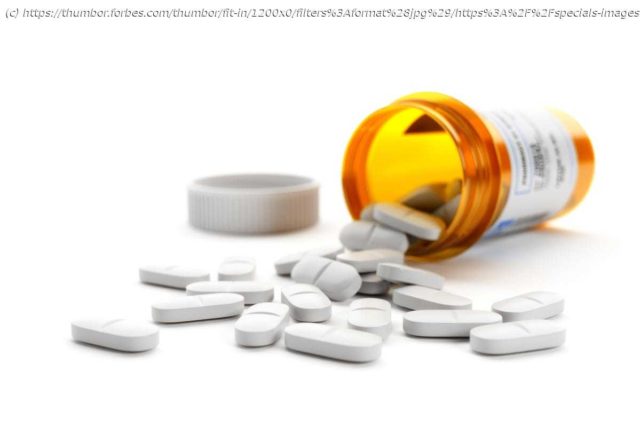No, the government is not going to “negotiate” the price of Medicare drugs in any reasonable definition of the word.
Earlier this week, the New York Times reported, with the headline, “ Democrats Add Drug Cost Curbs to Social Policy Plan, Pushing for Vote,” that House Democrats “agree[d] to allow the government for the first time to negotiate prices for medications covered by Medicare.” The article explains, “Starting in 2023, negotiations could begin on what Senator Ron Wyden of Oregon called the most expensive drugs — treatments for cancer and rheumatoid arthritis, as well as anticoagulants. Most drugs would still be granted patent exclusivity for nine years before negotiations could start, and more complex drugs, called biologics, would be protected for 12 years.” But, to be perfectly clear, what is planned to happen is not negotiation. It is simply a matter of the federal government mandating price reductions for the selected drugs, for all Medicare Part B and Part D participants. And as regular readers know, twisting the plain meaning of words to achieve one’s objective frustrates me to no end. Here’s how the system would work, if enacted into law as-is, based on the November 3 version of the bill ( summary description here, and top menu here): The Department of Health and Human Service would, beginning in 2025, select the 100 targeted drugs based on the total expenditure by Medicare for these drugs, as potential targets for “negotiation”/mandatory discounts. One hundred drugs may not seem like much, but a 2019 Kaiser analysis found that for Part D drugs (pills, injectables, etc.), the top 50 drugs account for 37% of all spending, and for Part B (drugs administered at the doctor’s office, such as infusions, such as cancer drugs), the top 50 drugs account for 80% of all Part B drug spending. Only drugs which had been approved more recently than 7 years ago (or 10 years ago for biologics) would be exempt (per the legislative text; the summary claims it’s a protected period of 9 and 12 years).
Home
United States
USA — Financial The Prescription Drug Price Negotiation Plan In The Biden BBB Bill Is...






